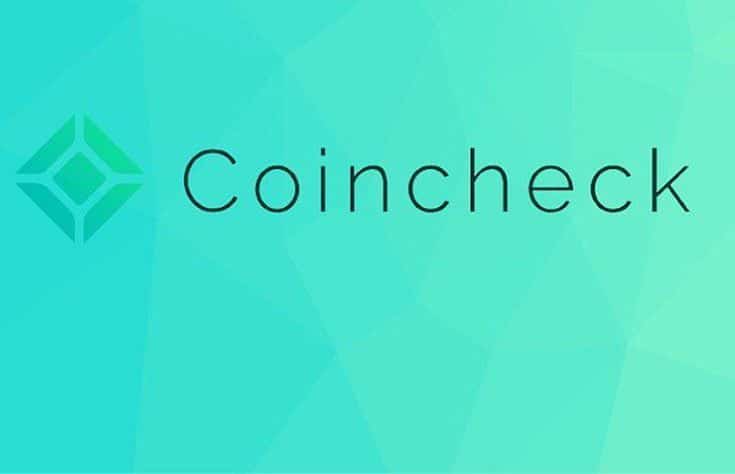Tokyo Court Rules Against Stolen Cryptocurrency Usage in Coincheck Hack Case
In a landmark decision, a district court in Tokyo has ruled against the usage of stolen cryptocurrency assets linked to the infamous Coincheck hack of 2018. The court’s ruling underscores the growing legal framework around handling illicitly obtained digital assets and sets a precedent for future cases in Japan.
Key Developments in the Case
1. Protecting Stolen Assets
The Tokyo court has ordered a company set up by Takayoshi Doi, who was indicted for allegedly obtaining stolen NEM tokens, to protect the assets for future confiscation. The ruling is based on Japan’s organized crimes punishment law, marking a significant step in addressing cryptocurrency-related crimes.
2. Historic First for Japan
This case is the first of its kind in Japan, demonstrating the judicial system’s commitment to addressing the misuse of stolen digital currencies.
3. Arrest and Confiscation
A 30-year-old doctor was arrested for allegedly acquiring the stolen NEM tokens, part of the ¥58 million worth of cryptocurrency assets looted during the Coincheck cyberattack.
The Coincheck Hack: A Brief Overview
The Coincheck hack of January 2018 remains one of the largest cryptocurrency heists in history. More than $530 million worth of NEM tokens were stolen from the exchange’s hot wallets, exposing vulnerabilities in its security infrastructure.
Impact on the Crypto Market
- The incident sent shockwaves through the cryptocurrency industry, leading to increased scrutiny of security practices among virtual currency exchanges.
- It also prompted regulatory reforms in Japan to tighten oversight of digital asset platforms.
NEM’s Role in the Hack
- NEM was the cryptocurrency primarily targeted in the hack.
- The stolen tokens were laundered through various means, including unauthorized transactions and sales on the dark web.
Significance of the Tokyo Court’s Ruling
1. Legal Clarity on Digital Assets
The court’s decision establishes that stolen cryptocurrencies can be subject to protection and confiscation under Japanese law.
2. Deterrent for Future Crimes
By holding individuals accountable, the ruling serves as a deterrent for potential cybercriminals targeting digital assets.
3. Support for Victims
The confiscation of stolen assets provides hope for victims seeking restitution, though the path to recovery remains complex.
Challenges in Cryptocurrency Theft Cases
1. Tracing and Recovery
Stolen cryptocurrencies often pass through multiple wallets, making them difficult to trace and recover.
2. Lack of Uniform Global Regulation
While Japan has taken significant steps in regulating digital assets, the lack of a global framework complicates enforcement efforts.
3. Vulnerability of Hot Wallets
The Coincheck hack highlighted the risks associated with storing large amounts of cryptocurrency in hot wallets, which are more susceptible to cyberattacks.
How Japan is Strengthening Cryptocurrency Regulation
Since the Coincheck hack, Japan has implemented stricter regulations to enhance the security of digital asset exchanges:
1. Mandatory Licensing
All cryptocurrency exchanges in Japan must obtain a license from the Financial Services Agency (FSA), ensuring compliance with security and operational standards.
2. Enhanced Security Protocols
Exchanges are now required to:
- Use cold wallets for storing large amounts of cryptocurrency.
- Conduct regular security audits.
3. Focus on Consumer Protection
The FSA has introduced measures to safeguard investors, including improved transparency and mandatory reporting of suspicious transactions.
Future Implications of the Ruling
The Tokyo court’s decision could pave the way for more robust enforcement of cryptocurrency laws in Japan and beyond:
1. Strengthening Judicial Precedents
The case sets a legal benchmark for handling stolen digital assets, encouraging other jurisdictions to adopt similar measures.
2. Boosting Investor Confidence
By addressing criminal activities in the crypto space, Japan’s judiciary reinforces trust in the burgeoning digital asset industry.
3. Facilitating Global Collaboration
The ruling underscores the need for international cooperation in combating cryptocurrency-related crimes.
Conclusion
The Tokyo court’s ruling against the use of stolen cryptocurrency assets in the Coincheck hack case marks a significant milestone in the fight against cybercrime in the digital asset space. By protecting ¥58 million worth of NEM tokens for future confiscation, the decision highlights Japan’s commitment to justice and consumer protection in the cryptocurrency industry.
This landmark case serves as a reminder of the importance of robust security measures and legal frameworks in ensuring the safe growth of the crypto ecosystem.
To learn more about the innovative startups shaping the future of the crypto industry, explore our article on latest news, where we delve into the most promising ventures and their potential to disrupt traditional industries.
Disclaimer: The information provided is not trading advice, Bitcoinworld.co.in holds no liability for any investments made based on the information provided on this page. We strongly recommend independent research and/or consultation with a qualified professional before making any investment decisions.




